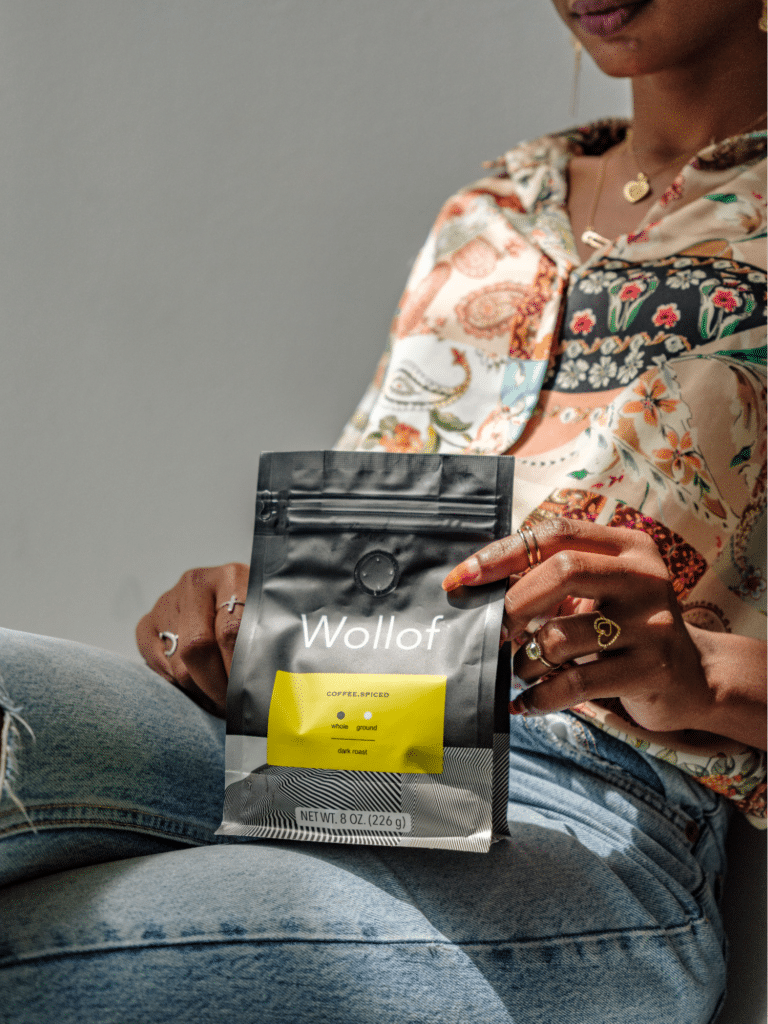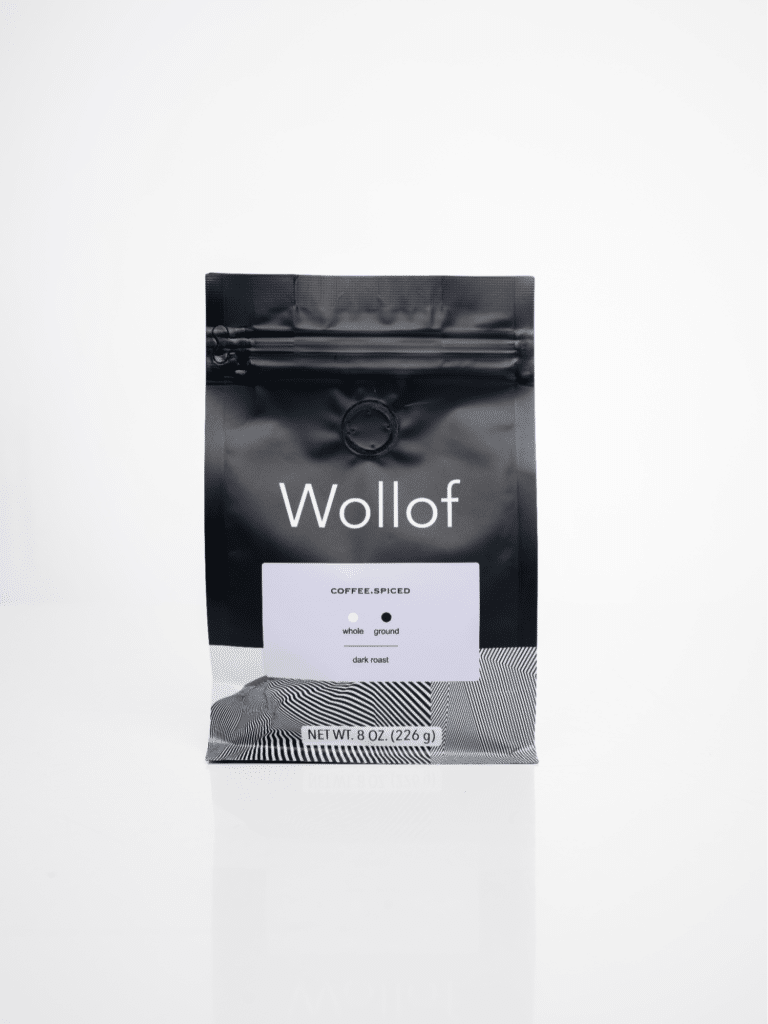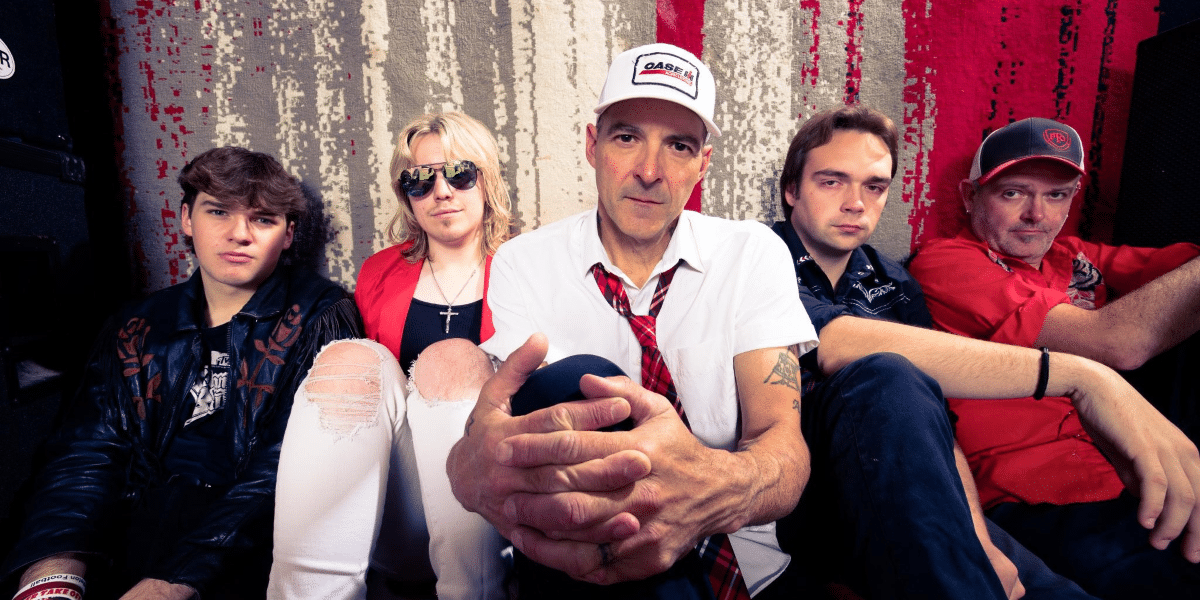Wollof Coffee, a black-owned business based in Austin, Texas, is making a mark in the American coffee industry by introducing consumers to Senegalese spiced coffee, also known as Café Touba. Co-owned by Malick and Youssouph Djiba, the company offers a unique take on coffee that combines the boldness of Robusta beans with the distinctive, aromatic properties of grain of Selim fruit. This fruit has been used by West Africans for centuries and contributes to Wollof’s full-bodied, low-acidity flavor profile. With each sip, coffee lovers experience a finish reminiscent of tea, with subtle undertones of peppermint, dark chocolate and almond, along with a delicate floral aroma—a striking departure from the typical coffee profiles in the U.S.
Wollof Coffee traces its roots back to Senegalese traditions and colonial history. It’s a spiced coffee, known locally as “Café Touba” after the religious city where it was created, and has long been a daily staple, social ritual, and an integral part of the country’s culture. Known for its digestive and anti-inflammatory properties, grain of Selim is rainforest fruit harvested from the southern regions of Senegal. It has been used for generations as a medicinal remedy but its application has evolved over time depending on where you are on the African continent. For instance, while the grain of selim is primarily used to spice coffee in Senegal, in countries like Equatorial Guinea, it is mostly used as a cooking spice.
With each cup, Wollof Coffee not only provides a delightful flavor but also honors a deeply cherished cultural practice. For Senegalese families, enjoying Café Touba is more than just a morning habit; it’s a social activity and a comforting ritual shared on street corners and during social gatherings across Senegal.

Photo Courtesy: Malick Djiba / Wollof Coffee
Wollof Coffee’s journey began in 2020, driven by a passion for introducing a distinct coffee option to the U.S. market. Unlike the mainstream Arabica varieties, Wollof’s blend centers on Robusta beans, known for their higher caffeine content and boldness, complemented by the delicate spice and aroma of the grain of Selim fruit. Through this unique combination, Wollof Coffee is providing a healthier alternative that does not rely on artificial flavorings or excessive sugar—an answer to a market that has been largely limited in its offerings for distinctive, wholesome coffee.
For Malick Djiba and the team at Wollof Coffee, the goal is not only to introduce a new coffee experience but also to offer a product that is in harmony with health and wellness. Rich in antioxidants, Wollof Coffee delivers a clean energy boost without the jittery effects that some coffee drinkers experience with traditional options. The grain of Selim further contributes by providing anti-inflammatory benefits, aiding digestion, and supporting overall health. Its traditional uses in West Africa include relief from respiratory problems and menstrual discomfort, adding another layer of wellness to Wollof Coffee’s appeal.
As the only consumer packaged goods (CPG) brand in the United States that offers spiced coffee, Wollof Coffee is positioned as a distinctive option for coffee enthusiasts who are open to exploring new flavors. The combination of cultural richness and health benefits makes it particularly attractive to individuals looking for a coffee that goes beyond taste to offer a meaningful experience. In a market largely driven by trends and sweetened coffee drinks, Wollof Coffee stands as a refreshing departure—a nod to heritage that delivers wellness with every sip.
With an emphasis on sustainability and authenticity, Wollof Coffee is gaining traction among a diverse demographic, from health-conscious individuals to coffee aficionados seeking unique flavor profiles. The company’s dedication to heritage and quality has resonated with those who value products that are rich in history, benefits, and story. This connection to Senegalese culture, paired with a commitment to the highest quality sourcing and roasting methods, sets Wollof Coffee apart as a brand committed to the integrity of its product and the satisfaction of its consumers.

Photo Courtesy: Malick Djiba / Wollof Coffee
Wollof Coffee’s entry into the U.S. market also shines a light on the presence of black-owned businesses in the coffee industry, a space where such representation has been limited. Malick and Youssouph are proud to be among the few who can share a piece of their cultural heritage with American consumers in a way that is both authentic and accessible. Through their product, they invite consumers to discover not just a new flavor but a piece of Senegalese life and tradition that has been enjoyed for generations.
As Wollof Coffee continues to grow, the company remains committed to educating the public about the unique benefits and significance of spiced coffee. By highlighting the health advantages and cultural depth of their blend, they are inspiring a newfound appreciation for African-inspired coffee among American consumers. Wollof Coffee’s spiced blend is more than a product; it is a cultural ambassador, offering a taste of Senegal with each cup.
With each sip, Wollof Coffee invites coffee lovers to savor a unique experience that celebrates heritage, flavor, and health in a single cup. Learn more about Wollof Coffee and explore their offerings on their Instagram page.
Published by: Annie P.












